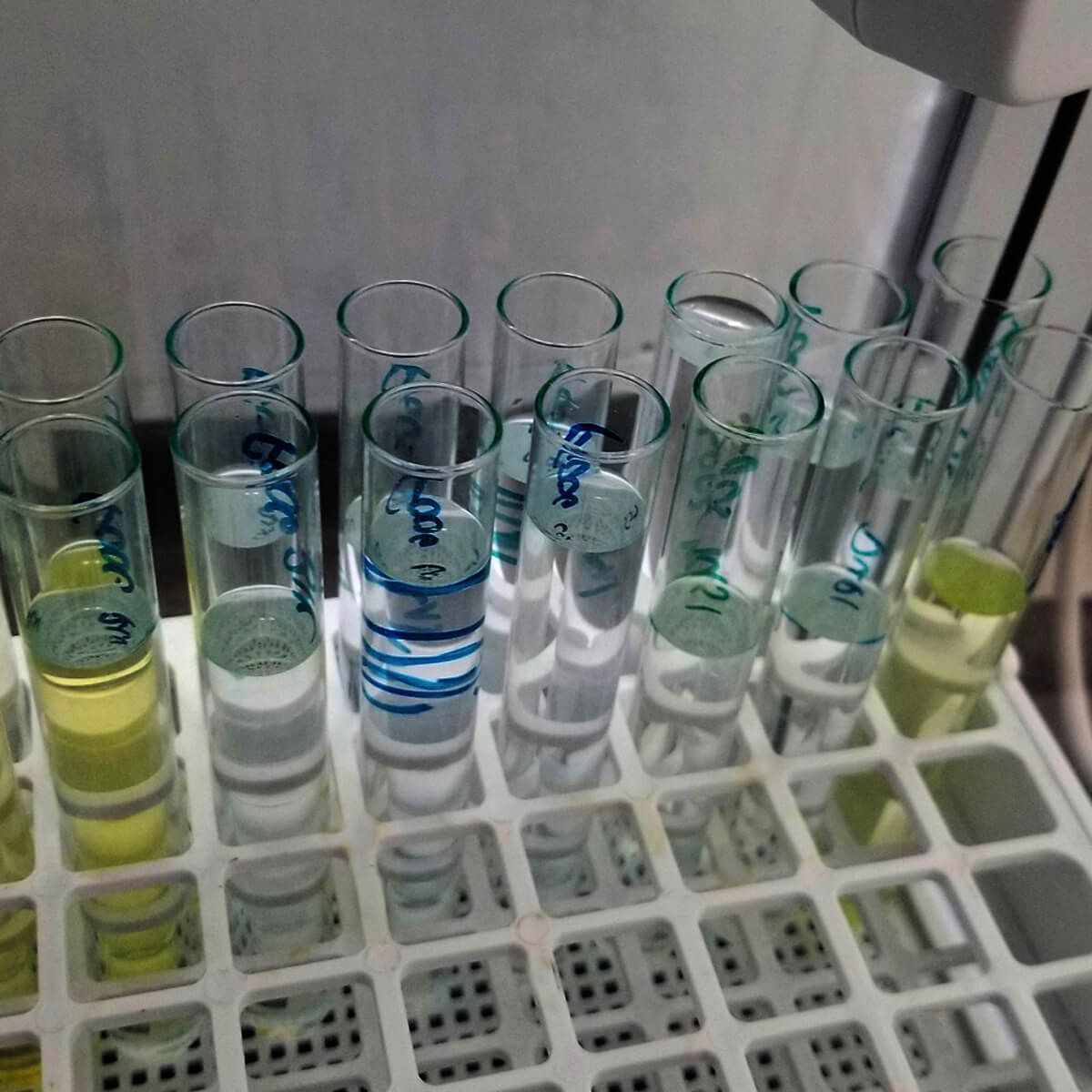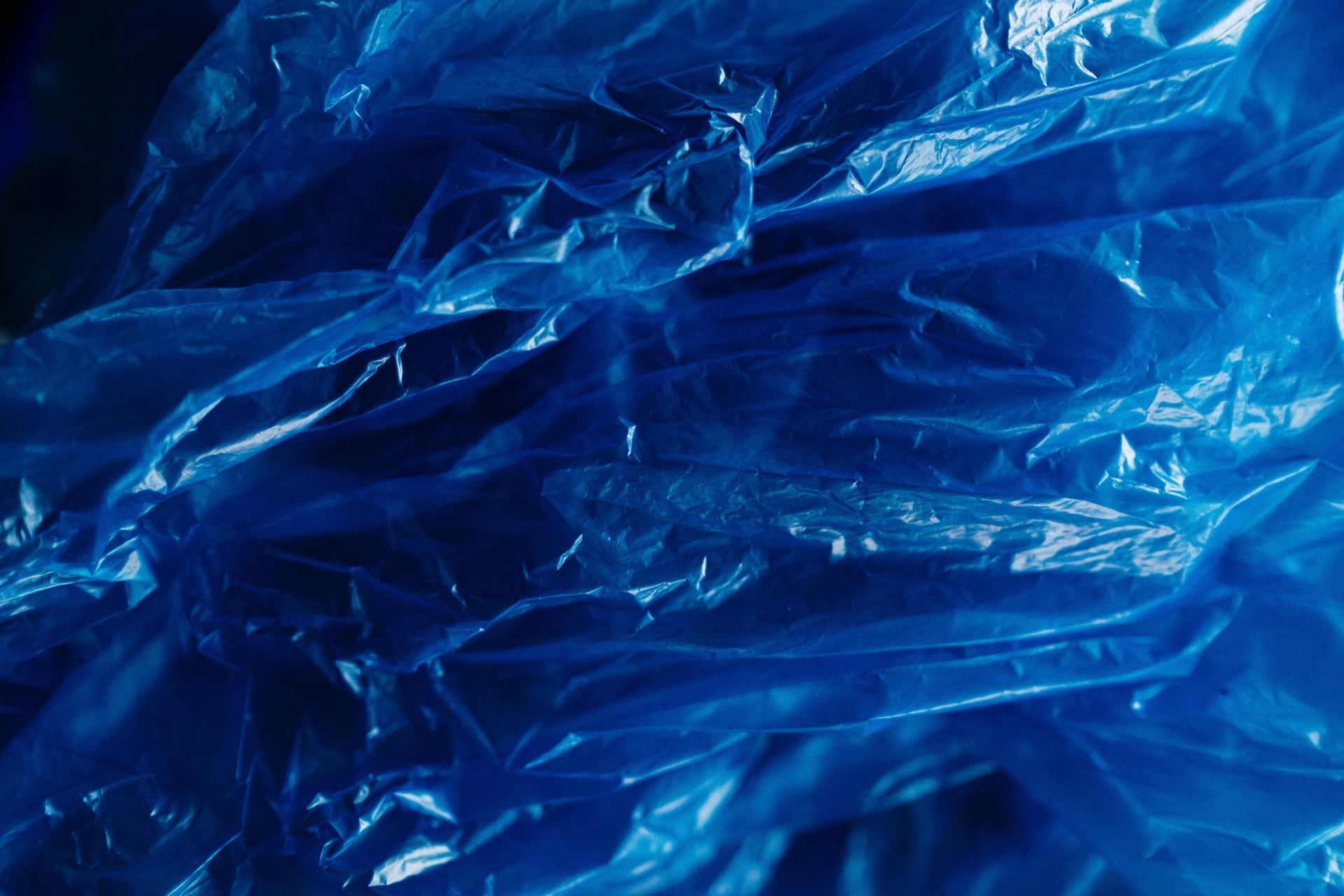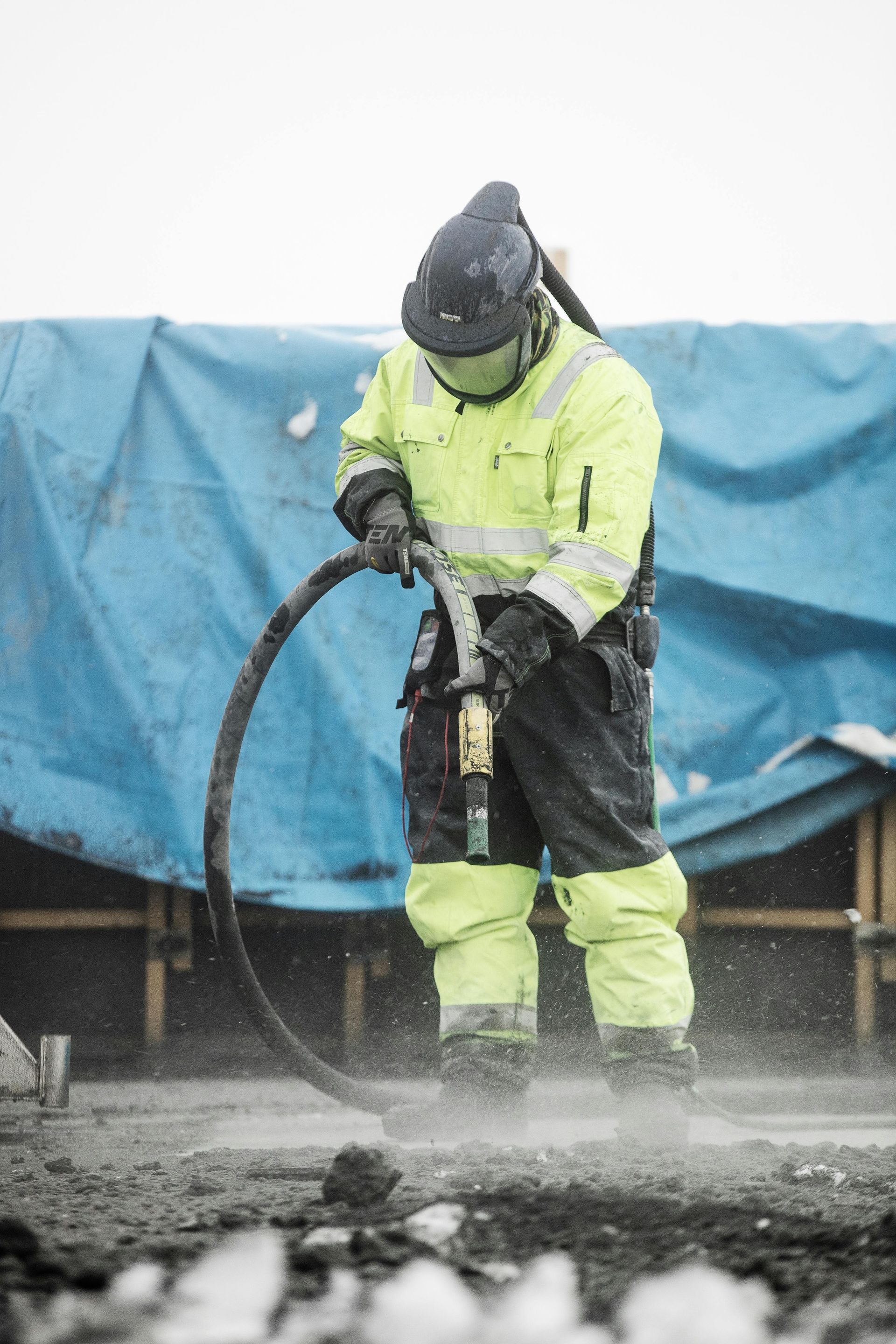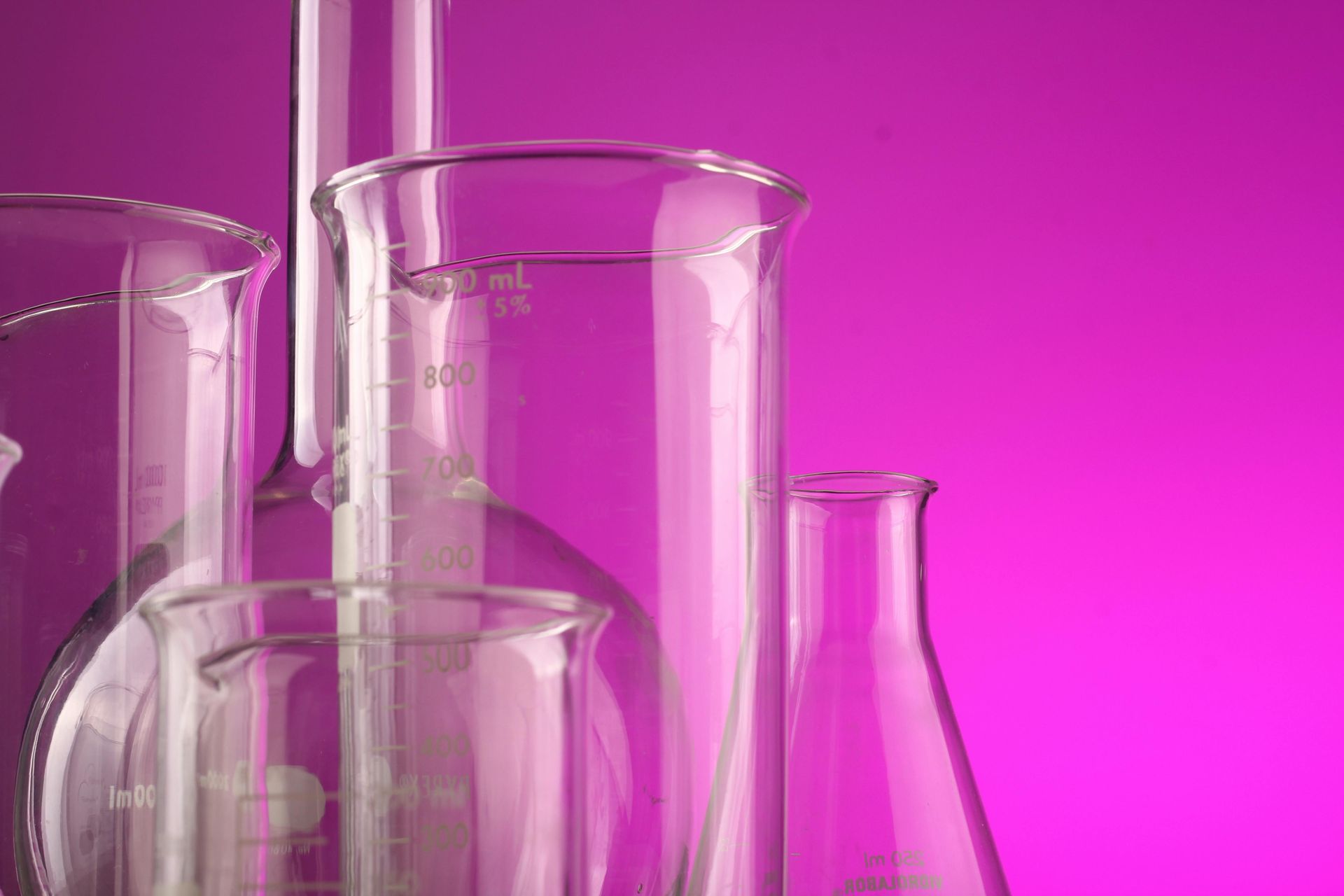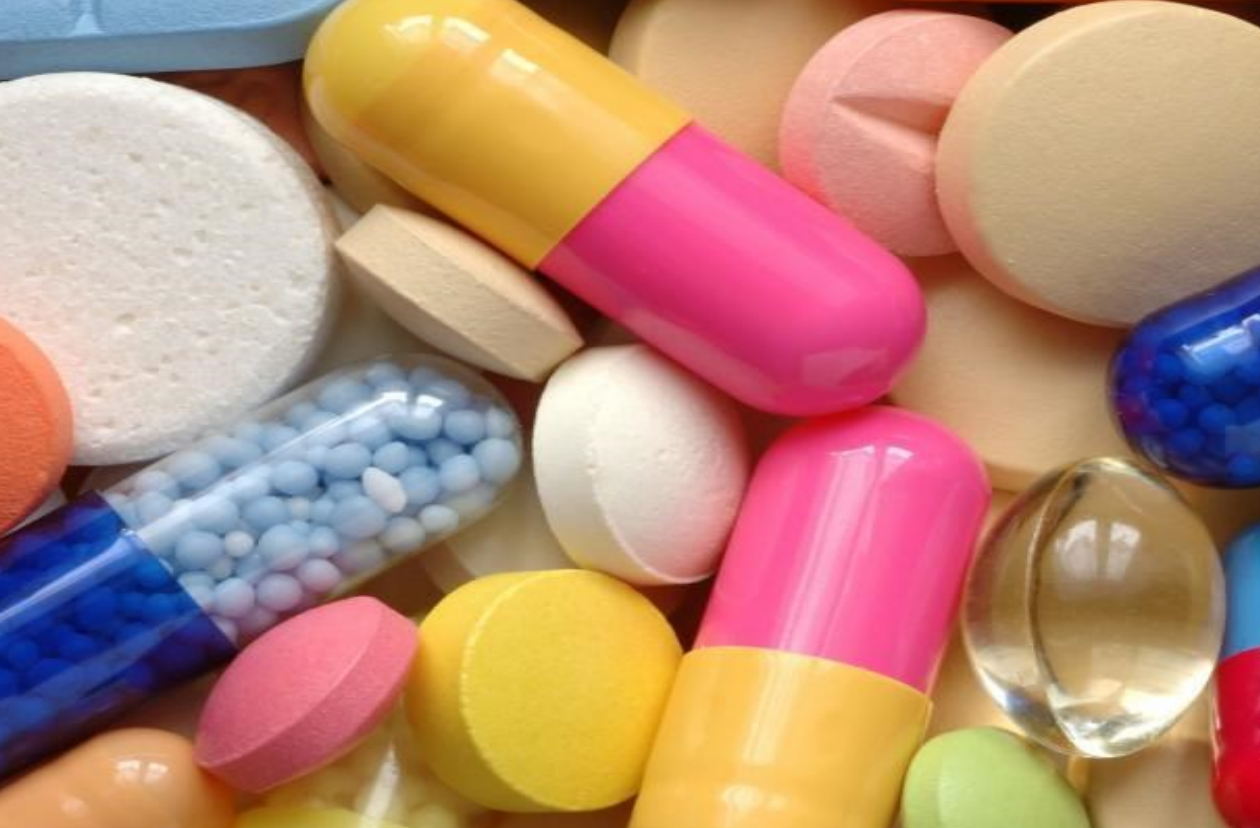Navigating New CPSC Regulations with MAS
Ensuring Product Safety in the Digital Age

At the start of 2024, the Consumer Product Safety Commission (CPSC), an important U.S. government agency responsible for making sure products are safe for us to use, made a big announcement. They're looking to update the rules on how companies show that their products meet safety standards. These updates are about making sure products that come into the U.S. from other countries are safe before they get to us, the consumers. Let's break down what's going on and why it matters. MAS Test helps you keep abreast of all of these changes.
A Bit of History and Why This Is Happening Now
The last time the CPSC thought about changing these rules was way back in 2013. They got a lot of feedback—over 500 comments from people and companies. Now, ten years later, they're at it again, trying to make these rules better.
What's Changing?
The CPSC wants to make sure that before products even get into the country, there's a digital paper trail proving they're safe. This means companies will have to file safety certificates electronically. This is a big shift from just having paperwork that could be shown if someone asked.
They're also talking about changing who counts as an "importer" – that is, the folks responsible for bringing goods into the country. Now, it's not just the person whose name is on the shipping documents. Other businesses involved with the product, like brands or sellers, might also have to make sure everything is up to snuff.
Why Does It Matter?
If you've ever bought something that was made in another country, these changes affect you. The CPSC wants to catch any unsafe products before they get to your doorstep. That's why they're talking about electronic filings and making sure the right people are responsible for safety.
How Do They Plan to Do This?
1. Mandatory eFiling: This means companies have to send in their safety certificates through the internet, making the process faster and more reliable.
2. Who's Responsible: They're making it clearer who needs to make sure products are safe. This could be anyone from the brand you know and love to the company that brings the product into the U.S.
3. Direct Shipments: Even if you buy something online and it's shipped directly to you from another country, the CPSC wants to make sure it's safe.
4. What About Spare Parts? If you need a replacement part for something, those parts need to be certified as safe, too.
5. Certificates for Every Product: Every product needs its own certificate that says it's safe, which helps the CPSC keep a closer eye on things.
Certificates Need More Info Now
The CPSC isn't just asking for more certificates; they want more details on them. This includes information about who made the product, where and when it was made, and who checked to make sure it's safe.
And a New Requirement...
Every safety certificate now needs to include a promise that all the information is true. This might sound simple, but it's a legal promise that could have serious consequences if someone's not telling the truth.
Keeping Records Is Important, Too
Companies need to keep these safety records for five years. This helps if there's ever a question about a product later on.
When Will These Changes Happen?
The CPSC suggests giving companies 120 days after they finalize these rules to get everything in order. This is to make sure everyone has enough time to adjust to the new way of doing things.
So, What's Next?
People and companies can give their opinions on these proposed changes until early February 2024. It's important because these rules affect a lot of products we use every day. The CPSC is trying to make things safer for everyone, but they want to hear from people and businesses about how these changes might work in the real world.
In short, the CPSC's proposed changes are all about making sure the products we buy, especially those coming from other countries, are safe. It's a big deal because it affects a lot of what we buy and use daily. The goal is to protect us, the consumers, while making the process of checking product safety more modern and efficient.
MAS Test Can Help
With the upcoming changes to CPSC's rules, ensuring compliance can seem daunting for companies importing or manufacturing products for the U.S. market. This is where Materials Analytical Services (MAS) steps in. As a premier analytical and technical assistance laboratory based in the U.S., MAS is well-equipped to help businesses navigate the complexities of product safety and compliance. Registered and inspected by the FDA as a nonclinical research facility, MAS offers a broad range of services to ensure your products meet the highest safety standards.
Whether it's testing for chemicals, ensuring product materials are safe, or assisting with the certification process, MAS can provide the expertise and support you need. For more details on how MAS can help your business stay compliant and ensure product safety, you can reach out to us at 770-866-3200 or via email at info@mastest.com.
Original News Source: https://www.natlawreview.com/article/cpsc-proposes-significant-changes-rule-governing-certificates-compliance
Resources
QUICK LINKS
CONTACT
© 2024 Materials Analytical Services, LLC. All rights reserved.

